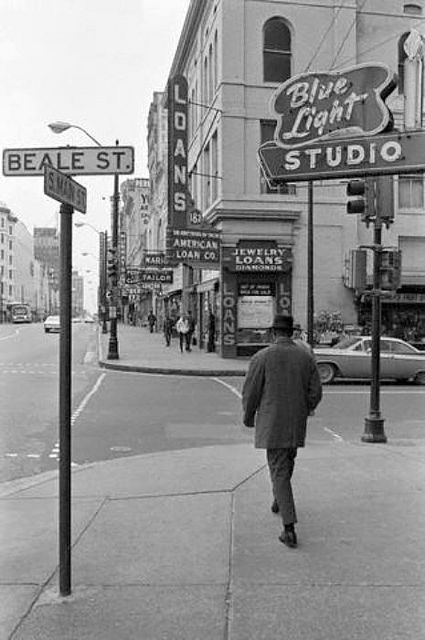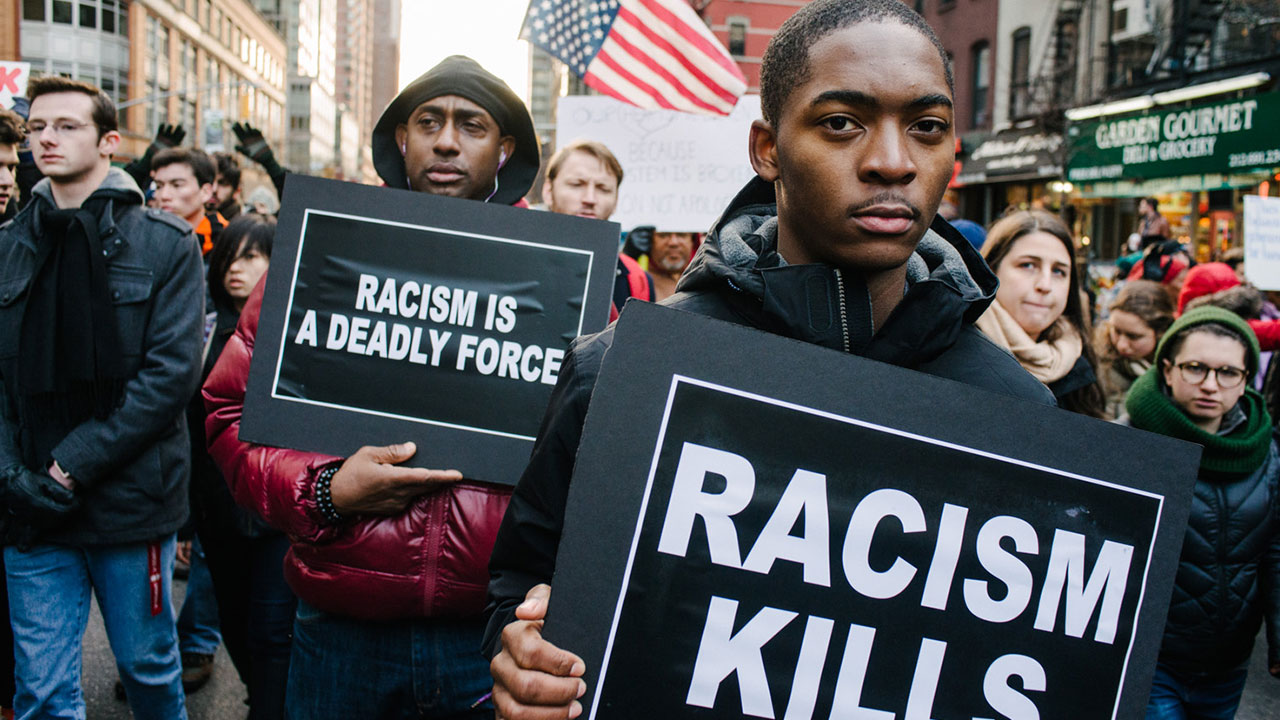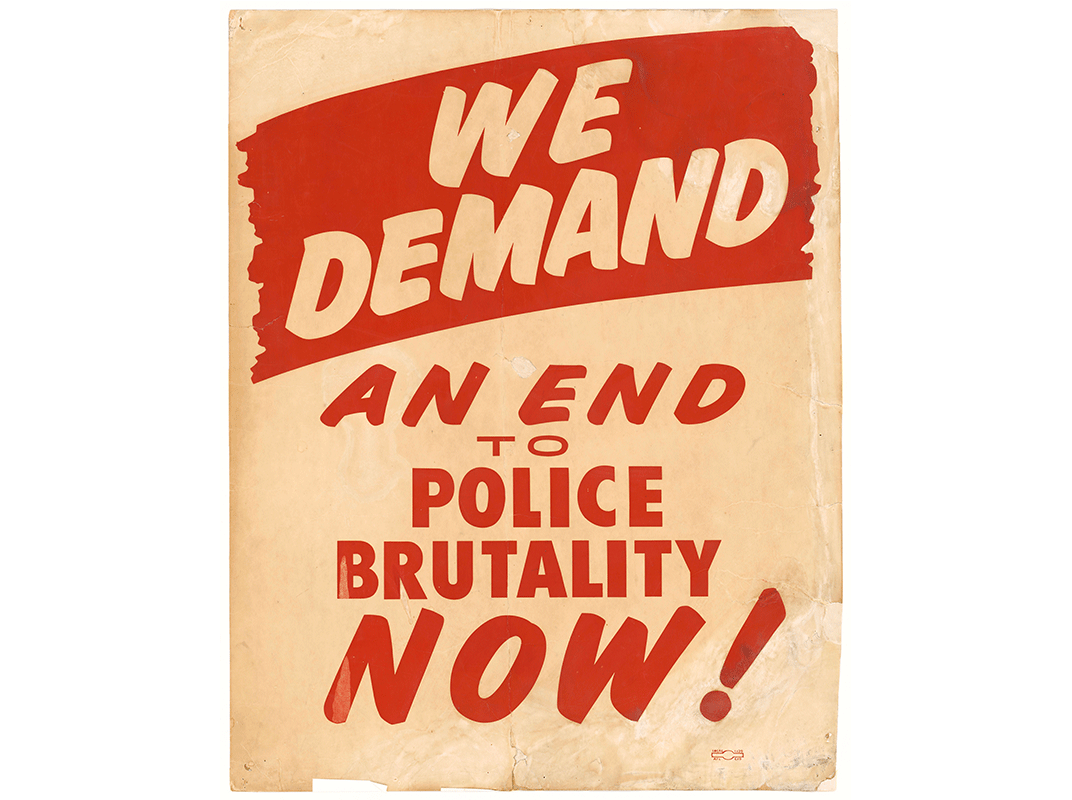Everything
“Every black person born in America was born on Beale Street, born in the black neighbourhood of some American city, whether in Jackson, Mississippi, or in Harlem, New York. Beale Street is our legacy.” – James Baldwin
Located in the city of Memphis, the original Beale Street has long been a representation of the birthing place of jazz. Created in 1841 by entrepreneur and developer Robertson Topp, it soon became a mecca for black travelling musicians and an economic hub of housing and businesses. Today the area still brings in tourists from all walks of life to experience the magic. Colourful in its history, misconceptions are quickly abolished when the area is associated with such wonderful concepts and despite this latest film exploring a corrupt justice system, viewers will soon realise it is much, much more.

Following his Best Picture Academy Award winner Moonlight, writer and director Barry Jenkins has followed up with his next award-winning film, If Beale Street Could Talk. Adapted from James Baldwin’s critically-acclaimed novel, the film follows the love story of a young women after her fiancé is framed for a crime he didn’t commit. Set in the 1970s of Harlem, New York, Tish Rivers (played by newcomer Kiki Layne) desperately fights against a broken system to prove the innocence of Fonny (Stephen James).
Playing on themes of low socioeconomic circumstances, racism and police brutality, If Beale Street Could Talk is surprisingly uplifting as it explores the very best and worst in humanity. As soon as the film opens to its first scene, subtle nuances and metaphors continue throughout, whether it be the placement of a prop or set, or meaningful quotes, and while the scenes are often shadowed in a dark glow, era costuming elevates the entirety of the film. Honouring the words of Baldwin, Jenkins’ interpretation of characters Trish and Fonny is masterful as they navigate a pressing time with unwavering love.
Set in a time when America – and the rest of the world – found itself in upheaval and disarray, its themes of racial discrimination and police brutality however could not be more relevant today. But how did a such a place as Beale Street, which nurtured (and still nurtures) such artistry and culture now be connected to one of society’s most damaging issues? Like Baldwin’s famous words, “Every black person born in America was born on Beale Street, born in the black neighbourhood of some American city…”.
Upon watching this film, I felt compelled and almost, that being white, obligated to learn more about my black brothers and sisters. I hadn’t realised that freedom was to walk along a street in police presence and fell safe and secure. What it is to love freely without conviction. And how broken the justice system is for people of colour.
Racism particularly in the States has a long and complicated history, stemming all the way back in the 19th century. For decades on end, segregation in the US was widely enforced and when the Civil War broke out in 1865, it was only then that change was beginning to spark. Leading the country through one of the world’s most devastating wars, it was Abraham Lincoln who abolished slavery and modernised the economy, but unfortunately one man cannot change the way of society. A century later and it was American civil rights activist Martin Luther King’s turn, calling on the nation to end racism. Movements such as these are not uncommon today and are erupting across the world as we speak, most prominently #BlackLivesMatter, but somehow segregation continues – perhaps stemmed from the next problem plaguing America – police brutality and unrest from a pandemic lockdown.

The cases of police brutality stretch far and everyday, people die at the hands of law enforcement. The first case that comes to mind is 43-year-old Keith Lamont Scott. On September 20, 2016 at 4pm, the African-American married man and father of seven was sitting in his truck in a parking lot complex near the University of North Carolina. Police officer Brentley Vinson had been called to arrest a suspected fugitive, instead laying eyes on Scott. The officer spotted him and ordered him to drop the weapon they believe he was holding (it was disputed he was only holding a book) and nevertheless he was fatally shot. In a study conducted by The Guardian, 258 African-Americans were killed by police in 2016, 34 percent of the total amount of unarmed who died. The latest in 2020 was the death of 46-year-old George Floyd, where he suffered from mechanical asphyxia after a police office stood on his throat with his knee. In turn, global protests.

Organised law enforcement had only come into effect from the 1840’s, and while it will always continue to be important to a functioning society, perhaps that is where it begun. One of the earlier proofs of police brutality came in the form of a protest poster in 1963. Today, we still see these posters flooding the streets of America even after 55 years of activism.
Contrastingly, If Beale Street Could Talk is unlike any other American filmmaking today. Because while the film recognises the issues of its time – a unresolved problem we still face in 2020 – it refuses to dwell, rather rejoice in single blessings. And perhaps that is how we all need to live, including those bound by corrupt organisations. Because, as said in the film, “If you give someone hatred, they will give it back.”
Watch the trailer below.